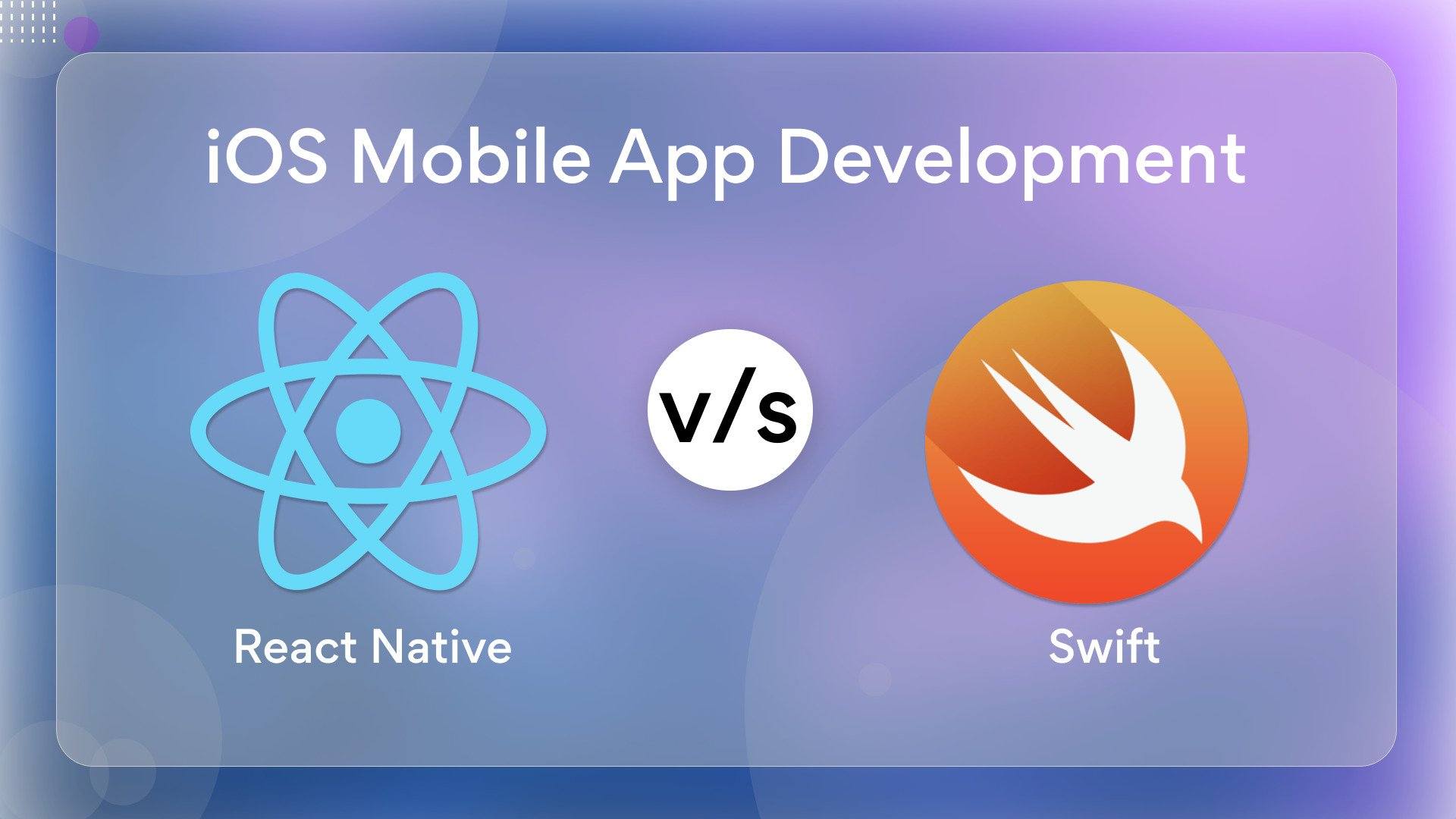Understanding Swift and React Native for iOS Development
When it comes to developing iOS applications, choosing the right technology stack is crucial. Two popular options are Swift, Apples native programming language, and React Native, a cross-platform framework. In this article, we will explore the features, advantages, and considerations of both Swift and React Native to help you make an informed decision for your iOS development projects.
Overview of Swift: Apples Native Programming Language
Swift is a powerful and intuitive programming language developed by Apple specifically for iOS, macOS, watchOS, and tvOS platforms. It is designed to work seamlessly with Apple's frameworks, providing a seamless development experience for iOS applications. Swift offers modern syntax, strong type safety, and extensive tooling support, making it a preferred choice for native iOS development.
Exploring React Native: Cross-Platform Framework for iOS Development
React Native, on the other hand, is an open-source JavaScript framework developed by Facebook. It allows developers to build cross-platform applications using a single codebase. React Native leverages the power of JavaScript and React, enabling developers to write UI components that can be rendered natively on iOS and Android platforms. It offers a faster development cycle and code reusability, making it an attractive option for cross-platform app development.

Comparison of Swift and React Native for iOS Development
In comparing Swift and React Native, it is essential to consider factors such as performance, native integration, development speed, and community support. While Swift provides a native experience, React Native offers cross-platform compatibility. Lets delve into the advantages of each technology:
Advantages of Swift for iOS Development:
- Native Performance: Swift code is compiled to native machine code, resulting in faster and more efficient execution.
- Seamless Integration: Swift seamlessly integrates with Apple's frameworks, allowing access to native APIs and functionalities.
- Robust Tooling: Apple provides a rich set of development tools and resources for Swift, including Xcode and the iOS SDK.
- Strong Community: Swift has a growing and active community of developers, ensuring continuous support and learning resources.
Advantages of React Ntive for iOS Development:
- Cross-Platform Development: With React Native, you can write code once and deploy it on both iOS and Android platforms, saving development time and effort.
- Hot Reloading: React Native offers hot reloading, allowing you to instantly see the changes made to the code during development.
- Code Reusability: React Native enables code sharing across platforms, reducing duplication and increasing development efficiency.
- Large Developer Community: React Native has a vibrant and active community, providing extensive resources, libraries, and support.
“React Native is a powerful framework that allows developers to build cross-platform mobile applications using JavaScript, offering the benefits of code reusability and rapid development.”
Making the Right Choice for iOS Development
In conclusion, both Swift and React Native offer unique advantages for iOS development. If you require a native, performance-oriented application with seamless integration into Apple's ecosystem, Swift is the ideal choice. On the other hand, if you prioritize cross-platform development, code reusability, and a faster development cycle, React Native can be a valuable option. Consider your project requirements, development team's expertise, and long-term goals to make an informed decision for your iOS development endeavors.

